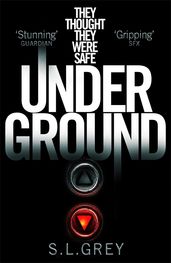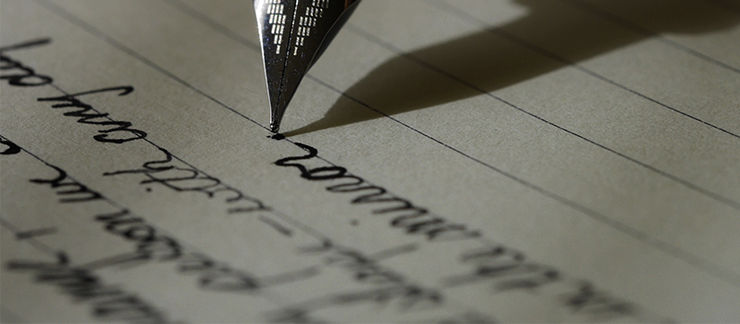S. L. Grey
S. L. Grey is a collaboration between Sarah Lotz and Louis Greenberg. Sarah is a novelist and screenwriter and die-hard zombie fanatic. She writes crime novels and thrillers under her own name, and as Lily Herne she and her daughter Savannah Lotz write the Deadlands series of zombie novels for young adults. Louis is a Johannesburg-based fiction writer and editor. He was a bookseller for several years, and has a Master's degree in vampire fiction and a doctorate on post-religious apocalyptic fiction.



